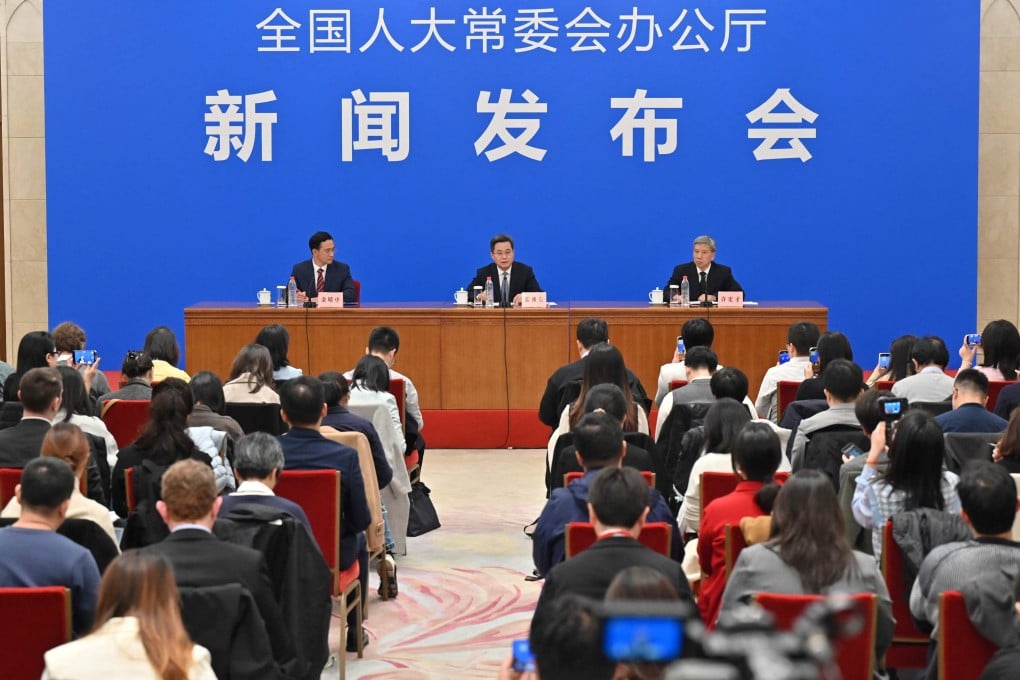China unveils debt-relief plan, keeps further stimulus salvo in reserve arsenal
Week-long NPC Standing Committee meeting ends with mostly forward-looking plans to right China’s economic ship

It will relieve local governments’ liquidity pressure and free up resources for economic development, Minister of Finance Lan Foan said on Friday after China’s top legislative body, the National People’s Congress Standing Committee, concluded a week-long session.
While no new fiscal stimulus measures were announced to directly boost the economy, more are on the way, including a “more supportive fiscal policy” for next year, Lan pledged.
“The central government still has a lot of room for borrowing and increasing deficits. At present, we are actively planning the next step of fiscal policy and are stepping up countercyclical adjustments,” he said.
According to the announcement on Friday, raising the quota for local special bonds by 6 trillion yuan will be done over the next three years – 2 trillion yuan per year – to bring high-yielding, off-balance-sheet debt onto the budget that allows for lower interest payments.
The sizeable debt-swap plan can take some immediate debt-servicing pressure off a lot of local governments